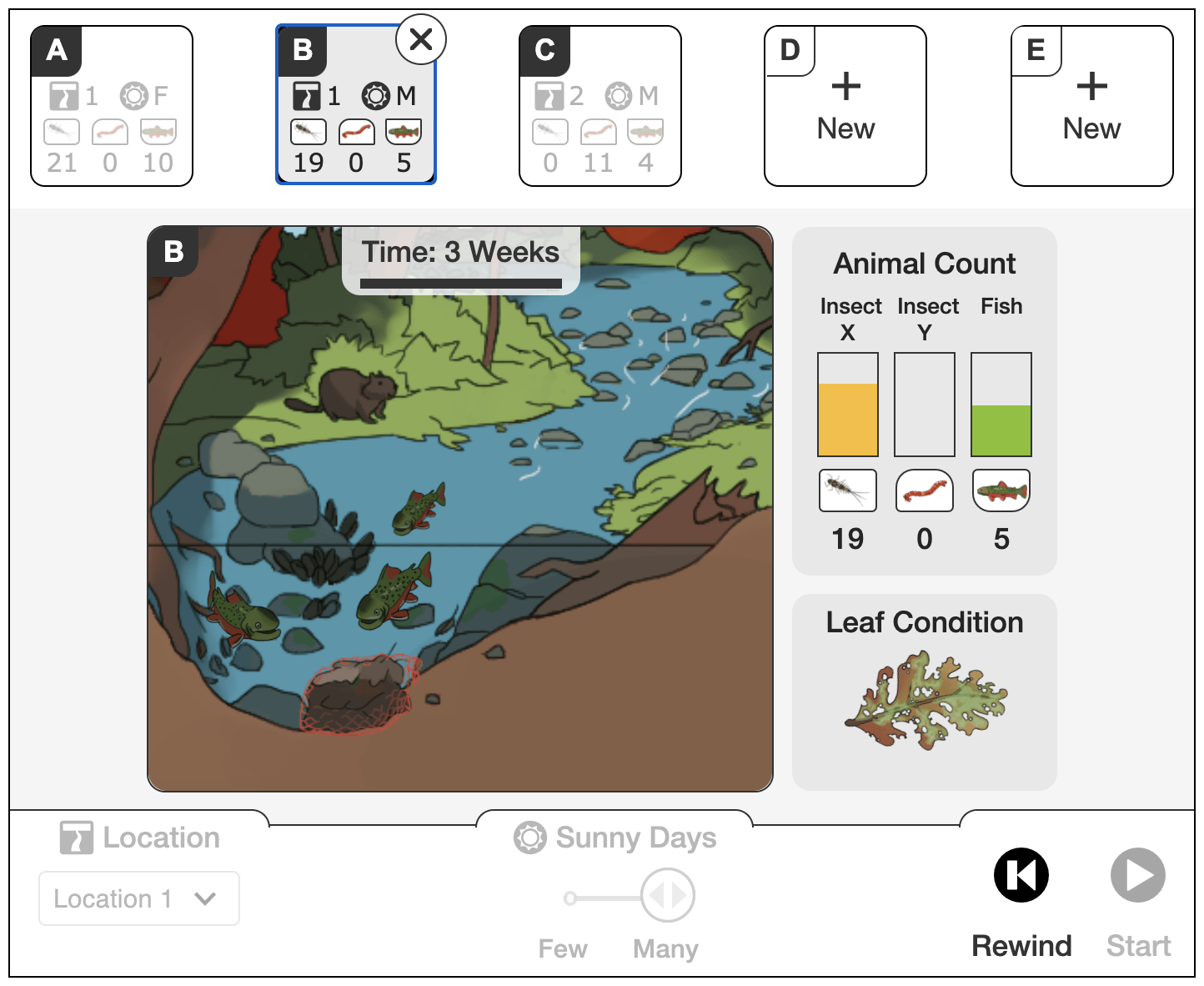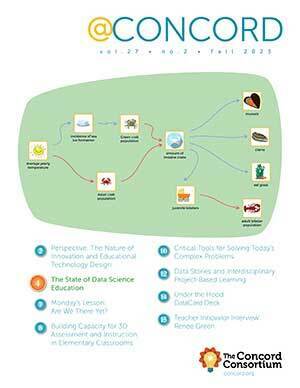News at Concord Consortium
COVID-Inspired Data Science Education through Epidemiology
The ongoing COVID-19 pandemic is providing an unprecedented amount of health and social science data, and serves as a compelling starting point to engage in data science activities. A new project funded by the Innovative Technology Experiences for Students and Teachers (ITEST) program at the National Science Foundation is designed to empower young people to understand data science through epidemiology. The COVID-Inspired Data Science Education through Epidemiology project partners include Science Education Solutions, Tumblehome, STEM Next/Imagine Science, Strategic Learning Partners for Innovation, Jackson Laboratory, Partnerships in Education and Resilience, and the Concord Consortium.
The project engages 400 underserved youth across the country in “Data Detective Clubs” that meet in person or online. Fifteen hours of out-of-school activities are based on The Case of the COVID Crisis, a young adult adventure novel by former Concord Consortium board member Pendred Noyce. The novel follows two curious and determined middle school students, Clinton and Mae, on a time-travel adventure guided by a teenage mentor from the future. They visit epidemics of the past and present, including measles, smallpox, Nipah, the 1918 flu, Ebola, and COVID, and travel to the Congo, Bangladesh, Taiwan, Pittsburgh, and Navajo country. While the topic is the spread of disease, the narrative shares historical facts that abound with the power of science—and data science—and the hope for cures. Each chapter is accompanied by a podcast of the characters discussing data, followed by activities designed to explore real datasets using our Common Online Data Analysis Platform (CODAP). Students also watch animations about viruses, vaccines, and clinical trials.
The ITEST program supports projects that contribute to increasing students’ knowledge and interest in science, technology, engineering, and mathematics (STEM) and information and communication technology (ICT) careers. In order to encourage youth interest in a myriad of data-rich careers in epidemiology, the project provides opportunities for students to meet data scientists, researchers, and/or local epidemiologists either in person or virtually.
Project research studies how youth use datasets and data tools to ask epidemiological questions, examine patterns, and make predictions; explores how youth become motivated to engage in work at the intersection of data science and epidemiology; and examines the affordances of data clubs that integrate narrative, inquiry-based data activities, accessible data tools, animations, and career exploration.
New Assessments in Massachusetts
The Massachusetts Department of Elementary and Secondary Education (DESE) is developing a series of innovative science assessments for Grades 5 and 8 as part of the state’s emphasis on more authentic learning experiences that are rigorous, engaging, and culturally relevant for all students. The Concord Consortium was part of the DESE assessment development team, which also included Pearson and WestEd.

The goal of the new approach to science assessment is to measure student learning and promote more equitable access to high-quality science instruction. Innovative assessments measure student knowledge of disciplinary standards and provide a deep measure of students’ mastery of the science and engineering practices in the state’s Next Generation Science Standards-inspired science frameworks. Assessment items include a new type of performance task for students, in which they engage with longer computer-based science activities or simulations to conduct investigations, create and explore models, and solve science or engineering problems. A small number of schools will begin piloting the assessment in spring 2021 while the rest of the state will continue to use the existing Massachusetts Comprehensive Assessment System (MCAS) for science and technology/engineering.
